If you click on a link and make a purchase we may receive a small commission. Read our editorial policy.
Warner Bros. didn't know what to do with Our Flag Means Death, even when they had it
Remember how Max marketed the first season of Our Flag Means Death?
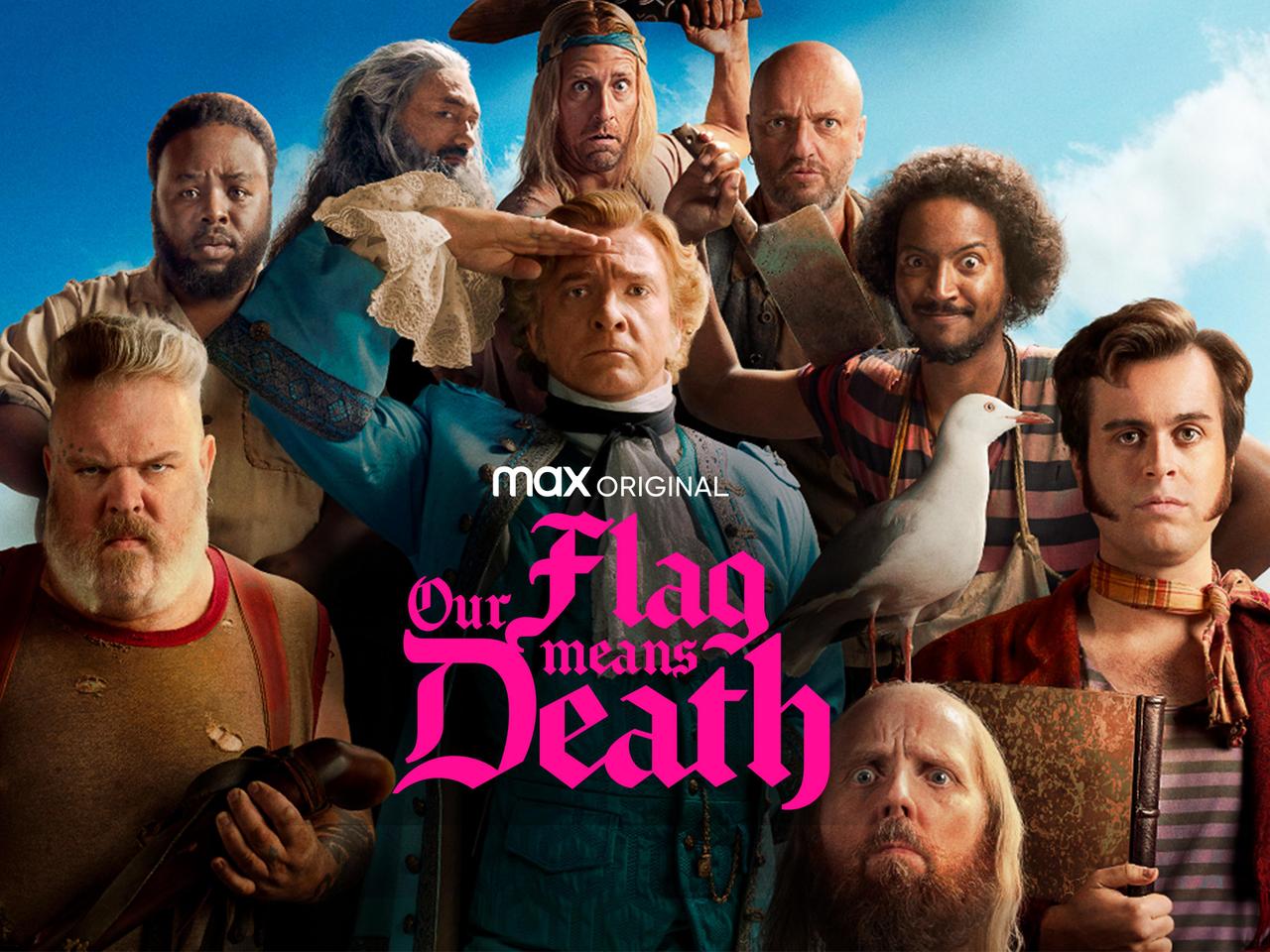
Now that it's official that Our Flag Means Death has been cancelled by Max (and its parent company Warner Bros. Discovery) after only two seasons (showrunner David Jenkins had said he'd wanted three), it seems like a good time to look back and see how Warner Bros has treated the show over its short run - beyond the actual act of cancelling it.
To be fair to Warner Bros, Our Flag Means Death is a strange show. But Warner Bros. has had a long history of handling strange shows, especially on HBO and the short-lived HBO Max label, which was later demoted to the currently-used Max. (Is it too much of a stretch to say that Warner Bros Discovery's wishy washiness over the name of its own streaming service is representative of how they tackled the marketing for their fan favorite pirate comedy Our Flag Means Death?)

Over the past few years, Our Flag Means Death has become an online juggernaut, with a strong queer fandom who have catapulted this cast of actors into mini stars through sheer force of will. Yet, though Our Flag Means Death - with its multiple queer romances and non-binary representation - seems like a shoo-in victory for queer fans, when the show was first launched, it wasn't really marketed to a queer audience at all.
Through an anonymous source, Popverse has gotten our hands on an early marketing document for the show, and we were suprised to find that the marketing document mostly pushed the angle of workplace comedy, hyping Taika Waititi buzz and memorable characters instead of what, at this point, seems like the more obvious angle. While the queer romance is mentioned a couple times in passing, it is not at all centered in this early material, which seems to aiming focus at the leads and the idea of a workplace comedy set on the high seas (a comparison was made in the document to The Office).
This plan is made clear in the marketing materials HBO Max eventually used to promote Our Flag Means Death season 1, with a poster that focused clearly on the silliness of the cast of characters. Even the logline sounds like your run-of-the-mill comedy show: "The year is 1717. Wealthy land-owner Stede Bonnet has a midlife crisis and decides to blow up his cushy life to become a pirate. It does not go well. Based on a true story." The trailer too, seemed to set the show up as your run-of-the-mill workplace comedy.
To be fair, Our Flag Means Death is, in many ways, a silly workplace comedy. But that aspect (while important) aren't what set the show apart.
While some might argue that the central romance was a spoiler to be hidden for the enjoyment of the show, I would argue back that there's a lot of queerness in Our Flag Means Death that isn't just that central romance that could have been used in the general marketing before launch too. Perhaps Warner Bros was afraid that would make the show too niche, but maybe it would have just set the show apart even more.
Despite the marketing, after launch Our Flag Means Death quickly caught the attention of queer fans, who delighted in the queer storylines and characters, and that energy was then hyped by the cast members' interactions with fans online and at events. As someone who travels to a good deal of conventions, it was immediately clear the impact that the show had on convention-goers, especially when there was an Our Flag Means Death-related panel at the event (but sometimes even if there wasn't). Cosplayers came out in the hundreds, and the panels felt like rockstar concerts - screaming and crying included. Through all of this fan activity, Our Flag Means Death came to be known as a queer show first and foremost.
By the time the second season rolled around, much had changed. Not only did the season 2 art, copy, and trailer feature the romance between Stede and Ed, the show was re-angled as a romance too, with a poster arranging Stede and Ed's faces into a heart and an updated logline that reads like a romance novel: "To their surprise, Stede Bonnet and Captain Blackbeard found more than friendship on the high seas…they found love. Now, they have to survive it." It feels like night and day in comparison to the first season's more general tone.
It feels, at this late stage, that Warner Bros didn't really know what kind of property they had on hand from the start, what kind of audience they could have captured, or what to do with it. Though they were able to course correct with Our Flag Means Death's marketing over time, they never really capitalized on the swell of internet fame they'd tripped into the way that other shows have. I wonder what would have happened if they knew what they had on their hands all along.
Follow Popverse for upcoming event coverage and news
Find out how we conduct our review by reading our review policy
Let Popverse be your tour guide through the wilderness of pop culture
Sign in and let us help you find your new favorite thing.





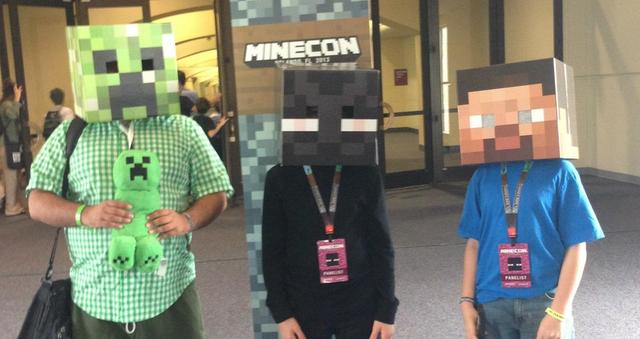
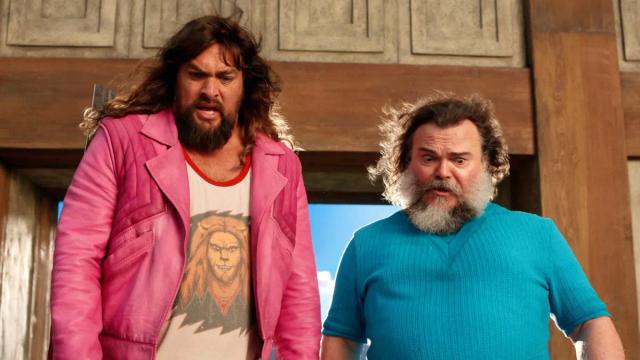
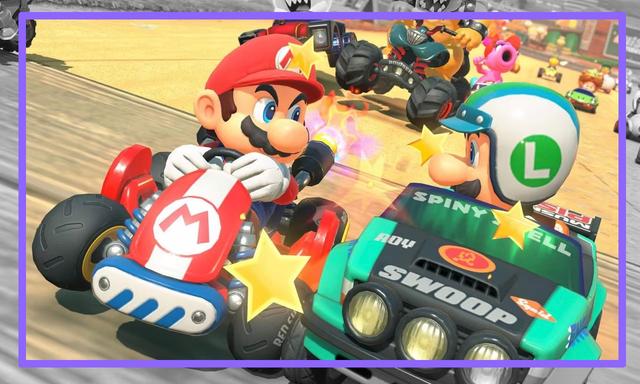

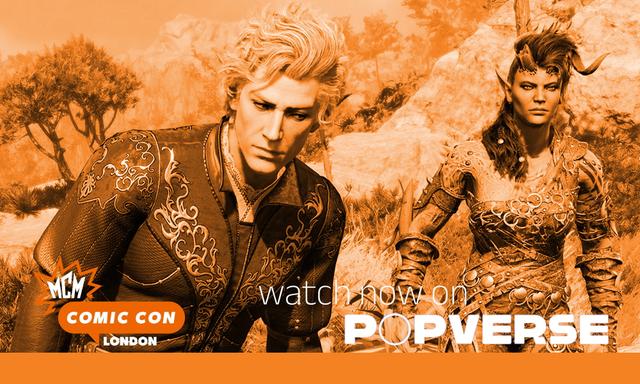






Comments
Want to join the discussion? Please activate your account first.
Visit Reedpop ID if you need to resend the confirmation email.